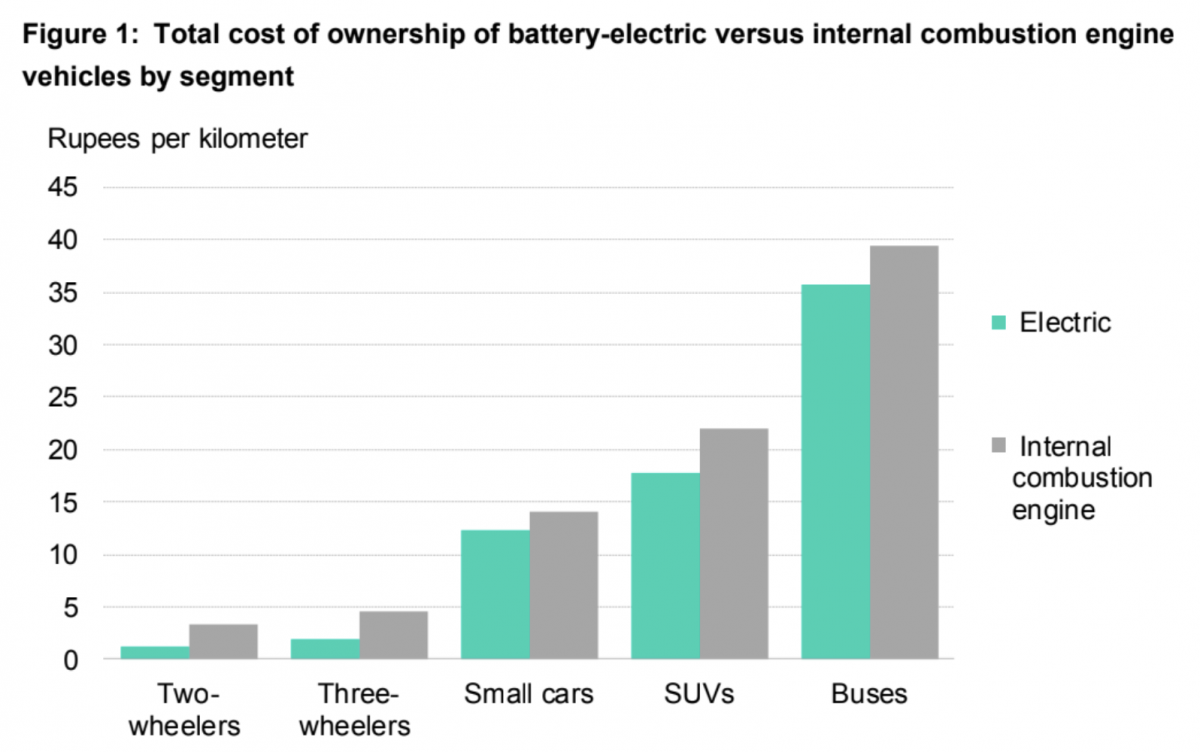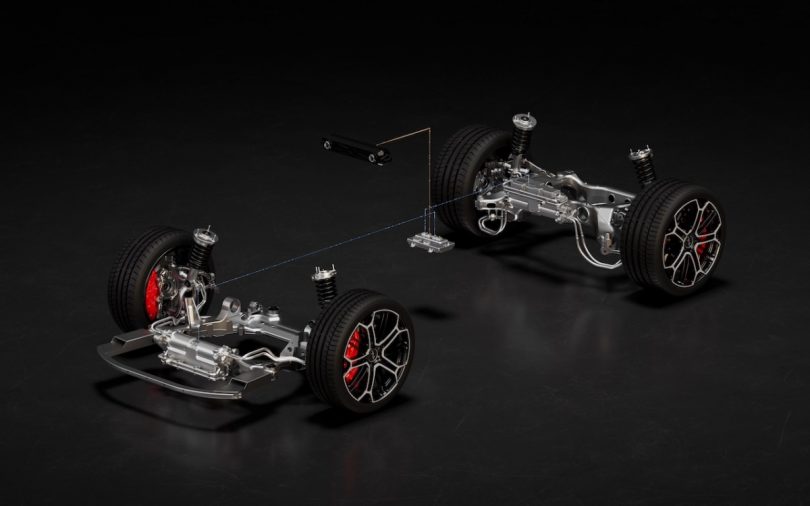The electric vehicle segment is currently booming in India. The Government of India is also helping accelerate EV adoption by offering several incentives. The Government has also slashed the custom duty on electric vehicles if the company invests into manufacturing EVs in India.
Now, a new report also suggest that the lifetime cost of electric vehicle in India is less than that of an ICE (Internal Combustion Engine) vehicle in India. Reports also suggest that this is true for most vehicle segments. Especially, the two and three wheeler segment has a lower TCO (Total Cost of Ownership).
In addition to this, TCO also favours EV use in high mileage applications such as last mile deliveries ride hailing an intra-city transport. However, electric vehicles still face a barrier such as charger availability as well as a lack of affordable finance.
Small Vehicle Segment
In the small passenger vehicle segment, electric vehicles compete with CNG powered cars. But, reports reveal that on TCO basis electric vehicles in this segment are already more affordable than comparable gasoline vehicles. Also, in the small car segment EVs will become the least-cost option, in TCO terms, by 2027. But, in 2024, the TCO of CNG cars is 6% lower than similar EVs. Furthermore, in the ride hailing segment small EVs already have the lowest TCO.
Inter-City Transport
In the intercity transport segment, reports reveal that the TCO of an e-bus is 26% lower than that of a diesel variant. This is if they cover 250 kilometers in a day. Electric buses also have advantage over diesel and CNG busses due to comparatively lower refueling and maintenance costs. The benefits also increase to 31% if the bus covers over 300 kilometers, provided enough fast chargers are available to minimise its turn-around-time.
Transport
In terms of TCO in both low- and high-speed segments, electric three wheelers are already more affordable than Ice ones. Even in the heavy transport department, reports suggest that battery-driven heavy trucks on long-haul duty cycles will reach TCO parity with diesel by 2030.
Also Read: New Hyundai Creta Electric spotted testing overseas

Source: BloombergNEF


